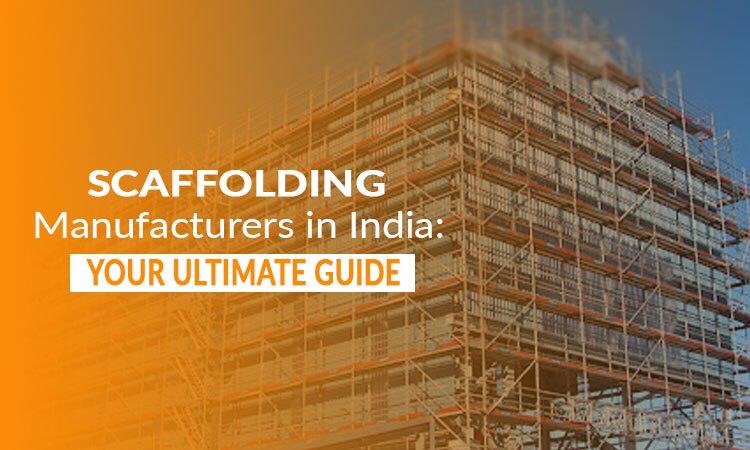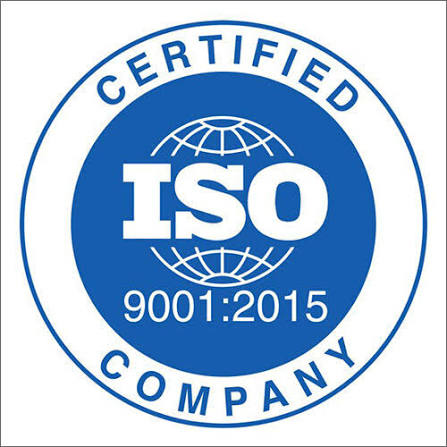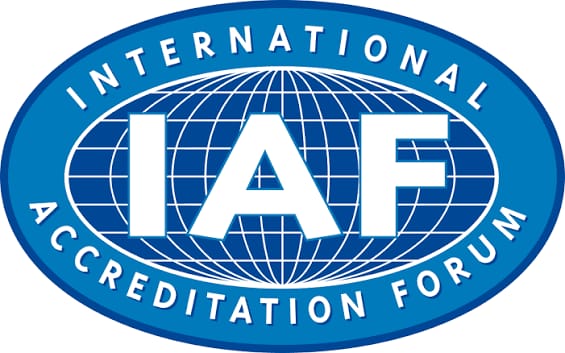In the bustling landscape of Indian construction, where skylines are constantly being redefined, the unsung hero of every project is often the scaffolding that supports it. It’s the temporary skeleton upon which dreams of steel and concrete are built. But what happens when that skeleton isn’t as strong as it should be? The risks are immense—from project delays and cost overruns to catastrophic safety failures.
Choosing the right scaffolding manufacturer in India isn’t just a procurement decision; it’s a critical investment in the safety of your workforce, the integrity of your project, and the reputation of your business. With a plethora of options in the market, how do you separate the truly reliable partners from the rest?
This guide will walk you through the key factors to consider, ensuring your next project is built on a foundation of trust and quality.
1. The Uncompromising Pillar: Quality of Materials and Manufacturing
The strength of your scaffolding begins at the molecular level. The quality of raw materials and the precision of the manufacturing process are non-negotiable.
- Raw Material Source: Inquire about the grade of steel used. Reputable scaffolding manufacturers in India typically use high-tensile strength steel (often conforming to IS 2062 or equivalent standards) that can withstand heavy loads and harsh weather conditions without warping or corroding quickly.
- Manufacturing Process: Look for manufacturers who employ modern techniques like robotic welding and automated pipe cutting. This ensures consistent quality, perfect alignment, and uniformity across every single component. A coupler that doesn’t fit perfectly because of a manufacturing defect isn’t just an inconvenience; it’s a safety hazard.
- Finish and Coating: The Indian climate can be brutal. Galvanization is key. Hot-dip galvanizing provides a thick, durable coating that protects the steel from rust and corrosion, significantly extending the lifespan of the equipment. A powder-coated finish might look good, but for long-term durability in demanding environments, hot-dip galvanizing is superior.
Ask your potential manufacturer: “Can you provide a material test certificate (MTC) for the steel you use, and what is your galvanizing process?”
2. The Non-Negotiable Shield: Safety and Compliance with Indian & International Standards
Safety isn’t a feature; it’s the entire product. Compliance with established standards is the clearest indicator of a manufacturer’s commitment to safety.
- Bureau of Indian Standards (BIS) Certification: This is a fundamental marker of quality in India. Look for scaffolding products that are BIS certified. For instance, scaffolding tubes should conform to IS 4014 (Part 1 & 2), and couplers to IS 2750. This certification is your first line of assurance that the product meets national safety benchmarks.
- International Standards: Many top-tier Indian manufacturers also adhere to international standards like EN 74 (European) or OSHA/ANSI (American). This demonstrates a global outlook and a commitment to the highest levels of safety engineering, making them suitable for multinational projects.
- Load Testing Certificates: A reliable manufacturer will readily provide third-party load test certificates for their scaffolding systems. This document proves that the scaffolding has been physically tested to hold the specified loads (Safe Working Load – SWL) with a significant safety factor.
Think of it this way: Using non-compliant scaffolding is like driving a car without airbags. It might function, but the consequences of a failure are unthinkable.
3. The Proof is in the Portfolio: Experience and Project Diversity
A manufacturer’s track record speaks volumes. Experience translates into a deeper understanding of on-ground challenges and practical solutions.
- Years in Business: While new companies can be innovative, a manufacturer with a decade or more of experience has likely navigated countless project scenarios and continuously improved their products.
- Project Portfolio: Review their past work. Have they supplied to large-scale infrastructure projects (metros, airports, bridges), industrial plants (refineries, power plants), or high-rise commercial and residential buildings? A diverse portfolio indicates versatility and the ability to handle complex requirements.
- Client Testimonials and Case Studies: Look for detailed case studies on their website. Positive testimonials from established construction companies add a layer of credibility that brochures cannot.
4. Beyond the Product: The Critical Role of Service and Support
The best scaffolding in the world is only as good as the support system behind it. The manufacturer’s role doesn’t end with the sale.
- Technical Support and Design Services: Can they provide custom scaffolding design and layout drawings? A manufacturer with in-house engineering expertise can help you optimize your scaffolding plan for efficiency, safety, and cost-effectiveness. This is an invaluable service that prevents on-site errors.
- After-Sales Service: What happens if a component fails or you need a urgent replacement? A responsive after-sales team and a readily available stock of spare parts are crucial to keeping your project on schedule.
- Training: Do they offer installation and safety training for your crew? A manufacturer invested in your success will ensure your team knows how to erect and use the scaffolding correctly.
5. The Practical Considerations: Cost, Logistics, and Customization
While cost should never be the sole deciding factor, it is an important consideration.
- Transparent Pricing: Be wary of quotes that seem too good to be true. They often are. Low prices can be a red flag for substandard materials or poor manufacturing. A reliable manufacturer will provide a clear, detailed breakdown of costs.
- Logistics and Supply Chain: Check their capability to deliver the required quantity to your site, anywhere in India, within the promised timeline. A robust logistics network is a sign of a professional organization.
- Customization Ability: Standard solutions don’t fit every project. Whether you need special-sized beams, non-standard couplers, or a specific shade of colour coding, a manufacturer’s willingness and ability to customize is a significant advantage.
Conclusion: Your Partner in Building Safely
Choosing a scaffolding manufacturer in India is a decision that echoes through the entire lifecycle of your construction project. It impacts the safety of your team, the pace of your work, and your overall budget.
By prioritizing quality in materials and manufacturing, demanding verifiable safety standards, valuing experience, and ensuring robust service and support, you are not just buying scaffolding—you are investing in a partnership.
Don’t just source a product. Partner with a manufacturer who shares your commitment to building a safer, stronger, and more impressive India, one project at a time.
Ready to build on a foundation of reliability? Contact us today to discuss your project requirements and experience the difference that quality, safety, and dedicated support can make.https://www.amcoexports.com/
Follow us on facebookhttps://www.facebook.com/AMCOEXPORTSSCAFFOLDING




